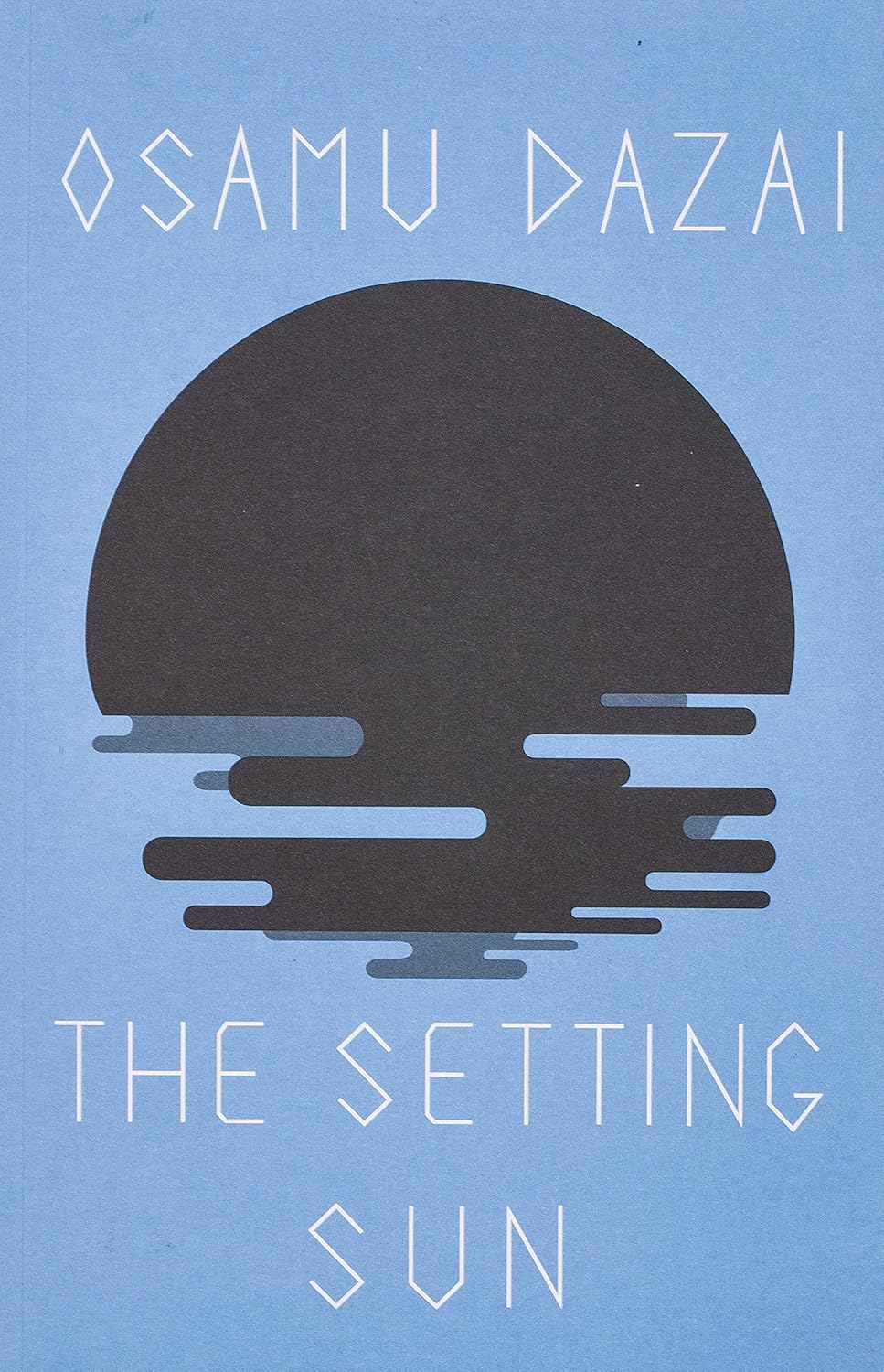About this deal
Kazuko plans to travel to Tokyo and visit Mr. Uehara in person, but just before she leaves, her mother falls ill with tuberculosis. One day, her mother tells her that she dreamed about a snake in front of the house and asks Kazuko to see if it is there. Kazuko sees the snake and finally accepts that her mother is going to die, which she does soon afterward. Her last words are an expression of concern for how hard Kazuko must work to survive. Words, words of every kind went flitting through my head. “Know thy particular fearsomeness, thy knavery, cunning and witchcraft!” What I said, however, as I wiped the perspiration from my face with a handkerchief was merely, “You’ve put me in a cold sweat!” I smiled. Bu dünya için fazlasıyla iyi” anneyi asaletinden hiçbir şey yitirmeden ölüm döşeğinde buluruz. İmparatorluğun batan güneşinden sonra, sıra annenin batışına gelmiştir. Bu bölümde anne ile kızı arasında geçen diyalog, geçen giden günlere son bir bakış gibidir ve okurken beni de imparatorun kaderini düşündürerek gereksiz hüzünlere gark etmiştir.
Osamu Dazai published this book in 1947 Japan and it was translated to English in 1956. By the early postwar years Dazai had gained fame as a writer, the novel propelling him to even greater popularity. From an aristocratic family with ten siblings his father died from tuberculosis in 1923 when he was fourteen. He was excused from wartime service after he contracted TB himself. This is a story of the end of the nobility in Japan after WWII. It uses elements drawn from his own life, and a diary of the writer Shizuko Ota who bore him a child in 1947. Told in spare modernist prose it is a classic of mid-20th century Japanese novels and his best known work. He ended his life in a tragic 1948 suicide at the age of thirty eight. Bebo para morir, pues vivir me resulta demasiado triste. La soledad, la melancolía, las estrecheces… la tristeza me abruma. Cuando oyes lúgubres sollozos procedentes de las cuatro paredes es que para tí no existe la felicidad. ¿Y cómo quieres que me sienta cuando me he dado cuenta de que no conoceré la felicidad ni la gloria mientras viva?“. Tengo miedo porque veo claramente que mi propia vida acabará pudriéndose mientras yo permanezco impasible, inmersa en esta rutina diaria como una hoja de musácea que se pudre en el árbol sin caer al suelo. Esto es lo que no puedo soportar y es por eso que necesito huir de mi vida actual, aunque esto suponga desviarme del código femenino de buenas maneras”.
See a Problem?
I must go on living. And, though it may be childish of me, I can't go on in simple compliance. From now on I must struggle with the world. I thought that Mother might well be the last of those who can end their lives beautifully and sadly, struggling with no one, neither hating nor betraying anyone. In the world to come there will be no room for such people. The dying are beautiful, but to live, to survive- those things somehow seem hideous and contaminated with blood." Later that day, Kazuko sees a female snake in the garden; her mother comments that the snake must be searching for her eggs. This sense of loss makes Kazuko think of her mother’s anguish when they were forced to move from their luxurious home in Tokyo to their current residence in Izu. Her mother said that if she did not have Kazuko, she would rather die than move out of her home, explaining: “I wish I could die in this house where your father died.”
a b Sakakibara, Richie (1999). Between the Defeat and the Constitution: Democracy in Dazai Osamu's Postwar Fiction. University of Michigan. p.34. Japon edebiyatı yolculuğum son hızla olmasa da ağır aksak ilerlemeye devam ediyor ve her okuduğum kitap, her tanıştığım yazarla sevgim ve ilgim bir kat daha artıyor. Yolculuğumun bu bölümünde Osama Dazai ve Batan Güneş’e dair bol spoilerli bir yorumla karşınızdayım ancak esere geçmeden önce, eseri okurken düşündüğüm bu topraklara dair bir hissi kısaca paylaşmak istiyorum. This winningly naive thought by the main character, upon reading a book on economics in the wake of WWII, her first foray into such "adult" matters, is emblematic of the stance taken throughout this narrative. It says - Forget all the larger complicated political/economic/etc. analyses and concerns of collective life in times of massive upheaval and destruction and focus on one's own responses to events, however untutored and illogical. Defeatism? Possibly. But also heroic and perpetually necessary. Through his own egocentricism and resolute determination to remain authentic, Dazai wrote a book that gets to the heart of a universal individualism, while at the same time advocating for transient beauties and dissolution and suicide. The inclusion of Naoji’s assessment of aristocrats as “high-class beggars” distances the family from the idea of aristocratic pride and disavows the assumed moral superiority often associated with the upper class. Instead, they are just like everyone else or, perhaps, even worse. Uncle Wada acts as the head of Kazuko’s family; they seek his advice and financial support in all important practical matters. Naoji accuses him of being stingy, as he does not provide a generous allowance for Kazuko and her family and instead suggests that she should work as a governess. Uncle Wada traveled to Europe in his youth and is generally regarded as worldly and experienced. Mr. UeharaCuando subimos al tren, creí que me iba a morir. Al llegar aquí me animé un poco, pero cuando anocheció noté que el pecho me ardía de añoranza y me sentí desfallecer. Es como si Dios me hubiera matado y no me hubiera devuelto la vida hasta después de haberme convertido en una persona diferente”.
Related:
 Great Deal
Great Deal 